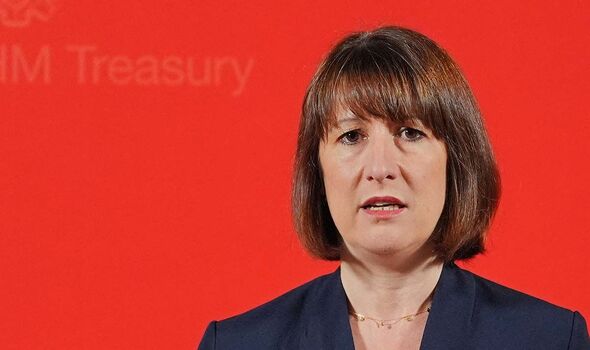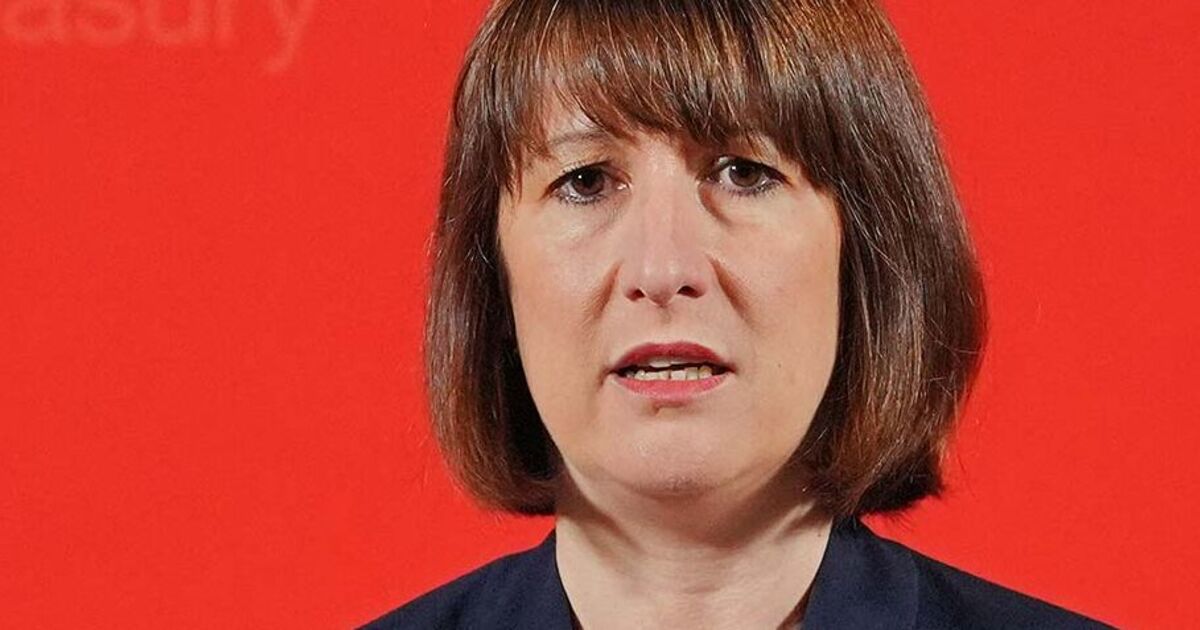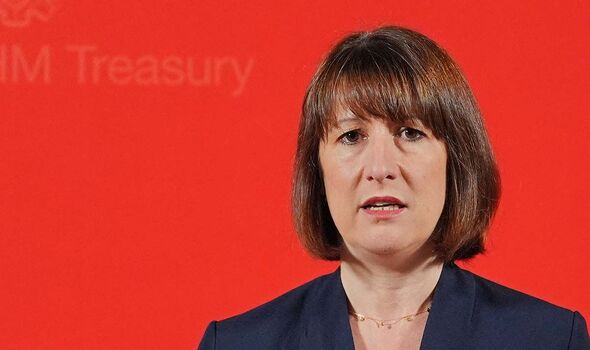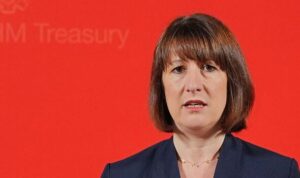

The UK economy contracted by 0.1 percent in October, according to the Office for National Statistics (ONS).
This figure was unexpected, with economists expecting to record growth in the month leading to the first Labour budget in more than a decade.
Responding to October’s GDP statistics, Chancellor Rachel Reeves said: “We are determined to deliver economic growth as higher growth means increased living standards for everyone, everywhere. This is what our Plan for Change is all about.
“While the figures this month are disappointing, we have put in place policies to deliver long-term economic growth.
“We have put public finances back on a stable footing, capped the rate of corporation tax at the lowest level in the G7, established a £70 billion National Wealth Fund to drive growth in our towns and cities, launched a 10-year infrastructure strategy and are creating pension mega funds to boost investment in British businesses, infrastructure and clean energy.”
Lindsay James, investment strategist from Quilter Investors said the figure presents the final snapshot of the UK economy before the Bank of England makes its last interest rate decision of 2024. She said: “The picture is not all that pretty”.
The fall followed a 0.1% dip in September, while a further 0.1 per cent October means the UK is the cusp of a recession.
James added: “The UK economy had been building relatively good momentum in the earlier part of this year, but concerns around the messaging in the lead up to the budget saw consumers hit pause on spending while they awaited more details on the government’s plans.”
“Over three months it managed to eke out a gain of 0.1 per cent, driven in part by 0.4 percent growth in the construction sector and 0.1 percent growth in the service economy, however production declined 0.3 percent over the same period.
“While we could see an uptick in the coming months after the less bad than feared budget, there are other risks to the UK economy which could further dampen progress. Businesses will soon feel the effects of increased national insurance contributions, which in many cases will subsequently impact their employees as the costs are passed on. Wage growth could take a hit as a result, and this could see a lull in spending.
“Donald Trump’s election win also leaves a considerable amount of uncertainty on the horizon, but the UK should be relatively well protected from his proposed tariffs compared to its neighbours. The UK’s exports to the US are largely in the form of services as opposed to goods, so although the US is its biggest export market, the impact could be less keenly felt.”
Alice Haine, personal finance analyst at Bestinvest by Evelyn Partners, the online investment service, said the surprise fall in output will be worrying for consumers and business as it puts recession chatter back on the table and signals that the final quarter may be even worse than the third when growth almost stalled.
She said: “The contraction in October will be concerning for the new Government as it offers a stark reflection of the hit to the economy from the uncertainty running up to the Budget, when consumers and businesses descended into a state of panic over what measures the Chancellor might deliver. Some of the most feared changes to personal taxation may not have materialised, but £40billion in tax rises is a lot for an economy to get to grips with particularly when businesses are expected to shoulder most of that burden.
“Consumer confidence has been knocked sideways since the new Government first warned it would need to make ‘painful’ policy changes to get the country’s finances on track. It means Christmas, typically a lucrative period for the economy, may be a more restrained affair as consumers budget carefully rather than lavish the cash on festive fun to protect their finances against any further hits from higher prices, lower end-of-year bonuses or job cuts.”
Shadow Chancellor Mel Stride also reacted to today’s figure, saying: “It is no wonder businesses are sounding the alarm. This fall in growth shows the stark impact of the Chancellor’s decisions and continually talking down the economy.
“Labour were left the fastest growing economy in the G7 but because of their decisions growth is now under serious pressure. The impact will be felt by families through higher taxes, fewer jobs, higher prices and higher interest rates.”









